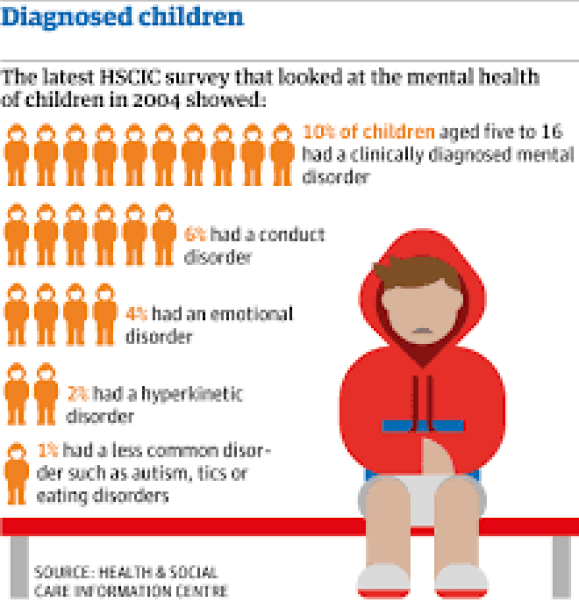As women age, their dietary needs change to support their changing bodies and lifestyles. It’s important for women to understand these changing needs and make adjustments to their diet to ensure they are getting the necessary nutrients for optimal health. In this article, we will outline the dietary needs of women at different ages and provide recommendations for meeting those needs.
Adolescence
During adolescence, girls experience rapid growth and development, making it a crucial time to prioritize nutrition. It’s important for young women to consume a balanced diet that includes plenty of fruits and vegetables, whole grains, lean proteins, and dairy products. Calcium is particularly important during this stage to support bone growth and development. Iron is also essential for menstruating teens to prevent iron deficiency anemia.
Young Adulthood
As women enter their 20s and 30s, their dietary needs may shift as they navigate college, careers, and possibly pregnancy and motherhood. During this stage, it’s important to focus on maintaining a healthy weight and incorporating nutrient-dense foods into the diet. Women should pay attention to their intake of folic acid, calcium, and vitamin D to support overall health and prevent chronic diseases.
Childbearing Years
For women who are pregnant or planning to become pregnant, proper nutrition is crucial for both the mother and baby’s health. It’s important to consume a diet rich in folic acid, iron, calcium, and vitamin D to support fetal development and prevent birth defects. Women should also focus on staying hydrated and consuming enough protein to support the increased demands of pregnancy.
Menopause and Beyond
As women enter menopause and beyond, their bodies undergo significant hormonal changes that can affect nutrient absorption and metabolism. It’s important for women to focus on maintaining bone health by consuming adequate calcium and vitamin D. Omega-3 fatty acids are also important for heart health and reducing inflammation during this stage of life. It’s essential for women to maintain a healthy weight and stay physically active to support overall health and well-being.
Key Nutrients for Women
While the specific dietary needs of women may vary depending on their age and life stage, there are several key nutrients that all women should prioritize in their diet:
Calcium: important for bone health and reducing the risk of osteoporosis
Folic acid: crucial for fetal development and preventing birth defects
Iron: essential for preventing iron deficiency anemia, especially during menstruation
Omega-3 fatty acids: important for heart health and reducing inflammation
Vitamin D: essential for calcium absorption and bone health
Conclusion
From adolescence to menopause and beyond, women’s dietary needs evolve to support their changing bodies and lifestyles. It’s important for women to prioritize nutrient-dense foods and key nutrients at each stage of life to promote optimal health and well-being. By understanding their unique dietary needs and making informed choices, women can support their overall health and longevity.


